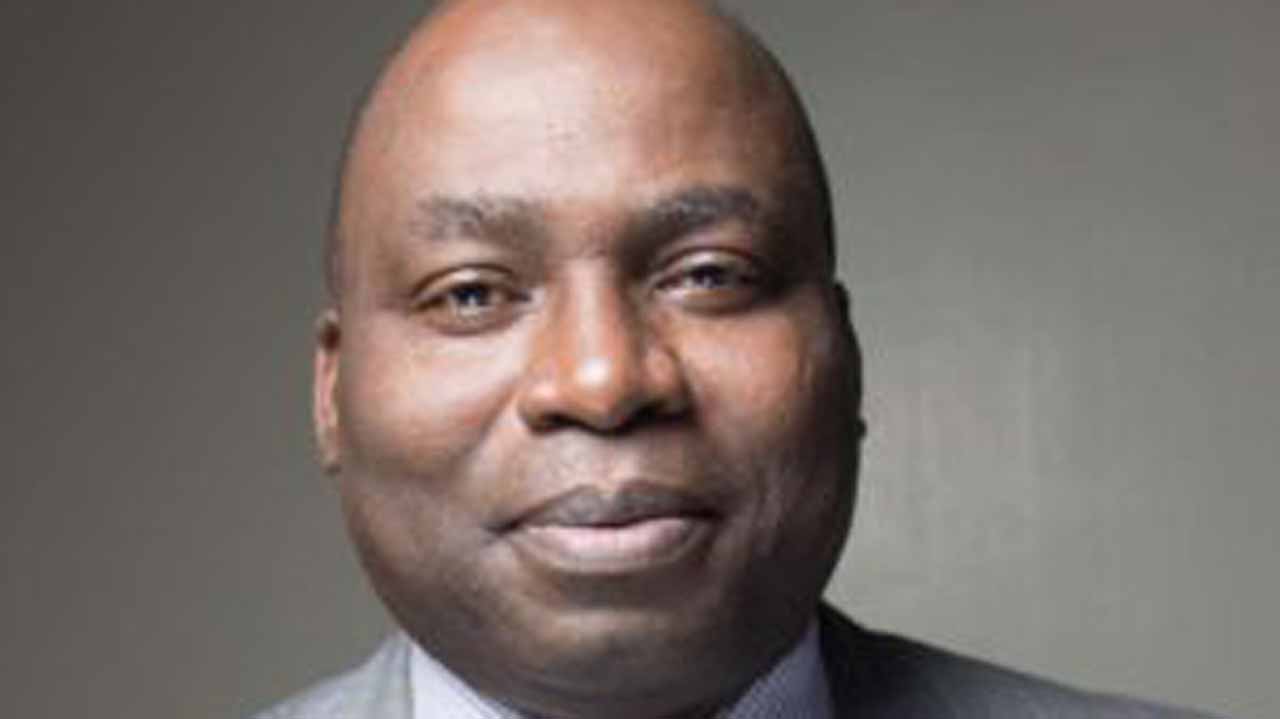
Wants declaration form updated, operations digitised
The Independent Corrupt Practices and other Related Offences Commission (ICPC) has charged the Code of Conduct Bureau (CCB) on publication of assets of public servants to curb corruption in the sector.
Its Chairman, Prof. Bolaji Owasanoye, who made the call during a meeting with chairman and board members of the CCB, noted that the secrecy surrounding asset declarations was aiding graft.
He said: “Publicising asset declaration will assist the whistle-blowing policy and our work. We have not been able to take full advantage of asset declaration because of the opacity around it. If somebody lied about his or her asset, he or she can be found out by just opening the page where it has been published.
“I want to encourage the bureau to push for that because the public will help us to do our work. They will tell us who owns what asset and whether it is proportionate to earnings.”
The ICPC argued that that the murkiness had aggravated Nigeria’s insecurity and underdevelopment.
He encouraged the bureau to review the asset declaration form to include information that could help trace properties, including Bank Verification Number (BVN) and new investments like cryptocurrency.
According to a statement signed by ICPC spokesperson, Mrs. Azuka Ogugua, Owasanoye also implored the CCB to start digital capturing of assets, as it would help in easy tracing and analysis of chattels and assist the body in furnishing government with credible data on lifestyles of civil servants.
The ICPC chief executive said his organisation was willing to assist the bureau in the area of capacity building for its workers.
He expressed the hope that the CCB would be active in asset recovery as an enforcement measure, stating that public servants who live above their legitimate incomes should, ordinarily, be stripped of the illegally acquired assets.
Earlier, CCB Chairman, Prof. Mohammed Isah, sought synergy between the anti-corruption agencies, pointing out that successful eradication of sleaze could not be individually executed.
The cooperation should not include dabbling into investigation of any petition already being handled by an agency, he suggested.
His words: “In the area of overlapping functions, who starts investigation of a petition should be allowed to conclude. The others should stop investigating the same matter to avoid wastage of resources. There is no need to over-engage ourselves by doing the same thing.”
He pledged that CCB was willing to share information on assets with the ICPC to facilitate investigations.



